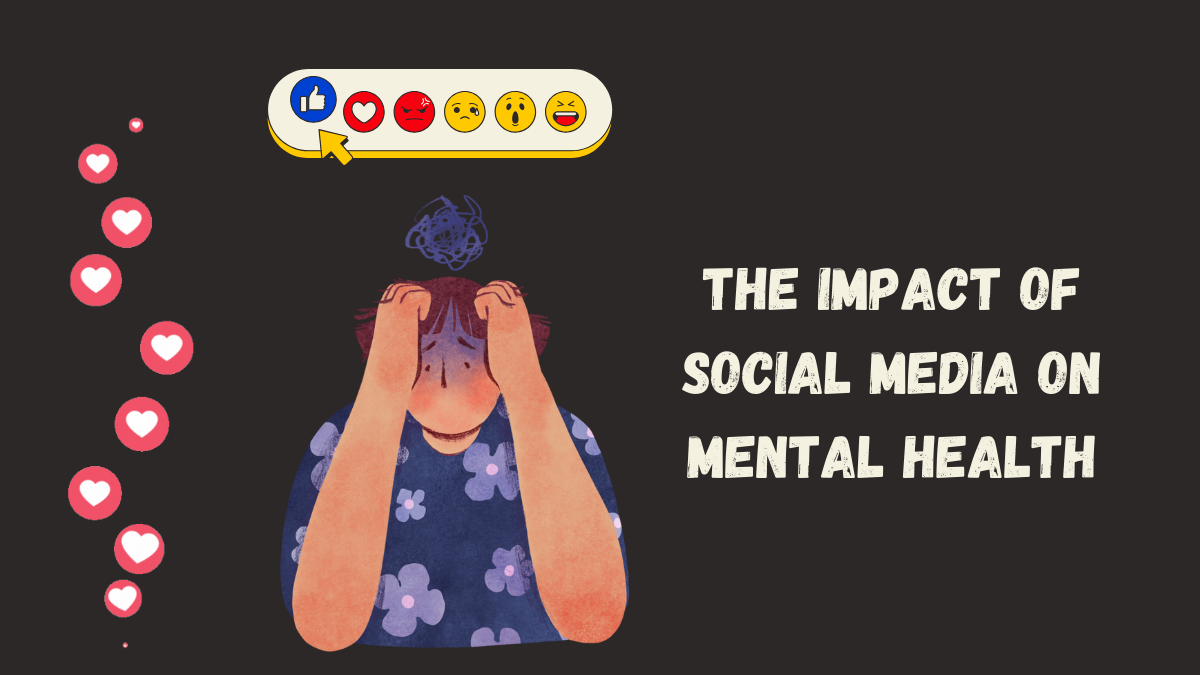The impact of social media on mental health is a topic that has garnered significant attention from researchers, mental health professionals, and the general public. As social media use has become nearly ubiquitous, understanding its effects on mental well-being is crucial.
Positive Impacts
- Connection and Support: Social media can help individuals stay connected with friends and family, especially those who are geographically distant. It offers platforms for people to share their experiences, seek advice, and receive emotional support, which can be particularly beneficial for those who feel isolated.
- Community Building: Various groups and communities form around shared interests, experiences, and identities. These can provide a sense of belonging and solidarity, especially for marginalized or stigmatized groups.
- Access to Information: Social media provides access to a wealth of information on mental health, including resources, coping strategies, and stories from others who have experienced similar challenges. This can lead to increased awareness and understanding of mental health issues.
Negative Impacts
- Comparison and Self-Esteem: Constant exposure to curated and often idealized portrayals of others’ lives can lead to unhealthy comparisons. This can negatively impact self-esteem and body image, particularly among adolescents and young adults.
- Cyberbullying and Harassment: Social media platforms can be venues for cyberbullying, harassment, and toxic behavior. These experiences can lead to increased stress, anxiety, and depression.
- Addiction and Overuse: Excessive use of social media can lead to addictive behaviors, interfering with daily activities and responsibilities. This overuse can result in sleep disturbances, reduced physical activity, and increased feelings of loneliness and depression.
- Fear of Missing Out (FOMO): The constant stream of updates and notifications can create a fear of missing out, leading to anxiety and a compulsion to stay constantly connected. This can prevent individuals from fully engaging in offline activities and experiences.
- Misinformation and Unrealistic Expectations: The spread of misinformation and unrealistic portrayals of life can distort perceptions of reality. This can lead to confusion, fear, and unmet expectations, negatively affecting mental health.
Balancing Social Media Use
To mitigate the negative impacts of social media on mental health, it’s important to develop healthy habits and boundaries. This can include:
- Mindful Usage: Being aware of how much time is spent on social media and setting limits if necessary.
- Curating Feeds: Following accounts that promote positivity and unfollowing or muting those that trigger negative emotions.
- Engaging Offline: Prioritizing face-to-face interactions and offline activities that promote well-being.
- Seeking Support: Utilizing social media for support groups and positive communities while seeking professional help when needed.
In conclusion, while social media can offer significant benefits in terms of connection, community, and information, it also poses risks to mental health. Awareness and mindful management of social media use are essential in maximizing its positive effects and minimizing its negative ones.





